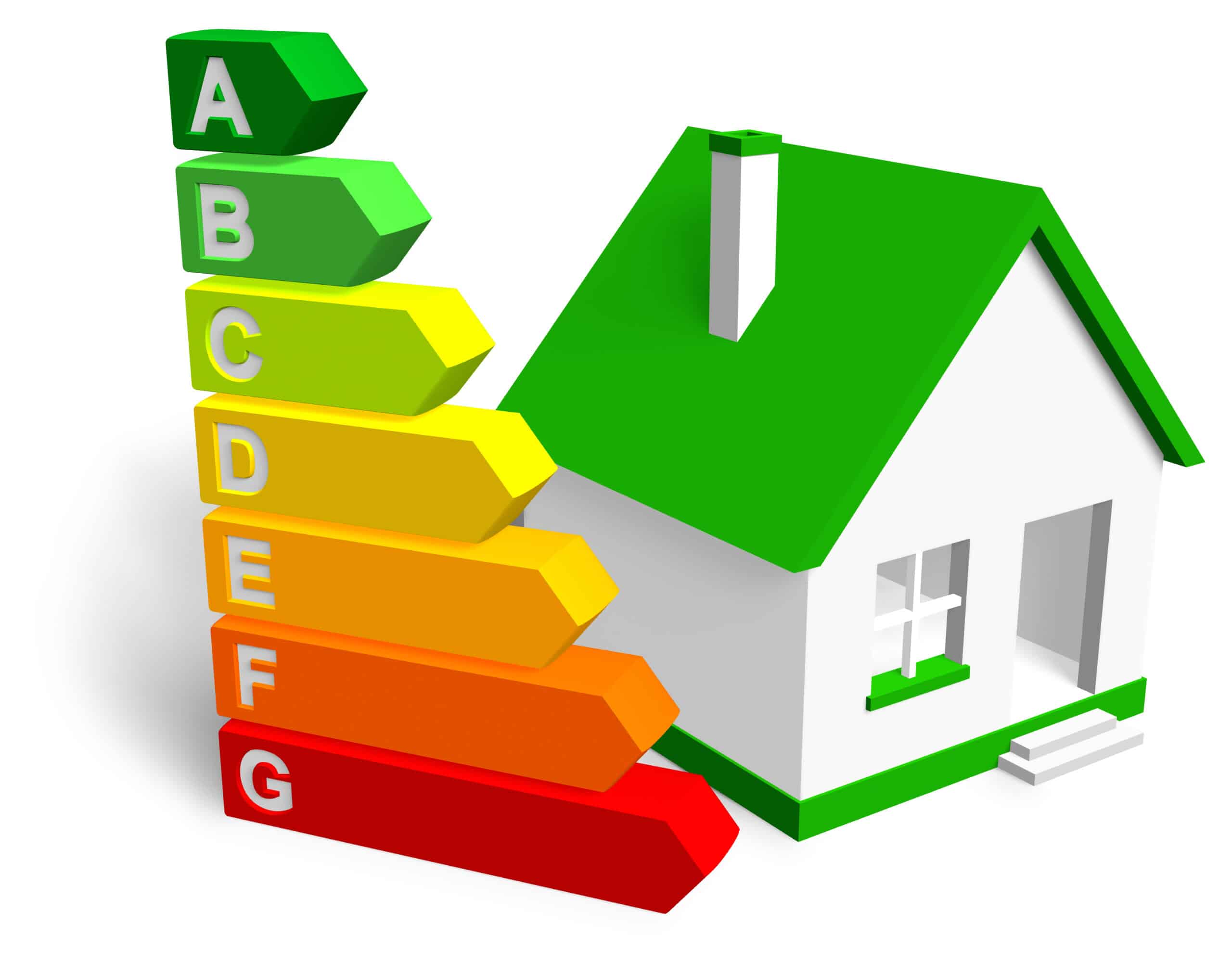Effective strategies for reducing energy expenditure in your home

Reducing energy expenditure in the home has become a priority for many due to rising energy costs and the need to adopt more sustainable lifestyles. There are various effective strategies that can be implemented to achieve a significant savings on monthly bills, while also contributing to environmental protection. From simple adjustments in heating and cooling usage to changes in daily consumption habits, these measures not only benefit the household economy but also promote a greener and more responsible future.
Reducing energy expenditure in the home not only helps alleviate the financial burden of bills but also contributes to a sustainable environment. In this article, various practical strategies will be presented to help households reduce their energy consumption and implement more ecological habits.
Control the temperature of your home
Properly adjusting the temperature in the home can have a significant impact on energy expenditure. Keeping the thermostat at 18-20 degrees Celsius in winter and between 24-26 degrees Celsius in summer is a recommended strategy. Using programmable thermostats allows for automatic temperature reductions when you are not home or during the night, thus saving up to 10% on energy consumption.
Optimize the use of appliances
Appliances are major consumers of energy. It is advisable to use the dishwasher and the washing machine at full capacity to maximize efficiency. Additionally, it is always advisable to unplug devices that are not in use, as many continue to consume energy in standby mode. It is also useful to take advantage of natural light during the day instead of turning on artificial lights.
Improve your home’s insulation
A well-insulated home can maintain a more stable internal temperature, reducing the need for heating or cooling. Inspecting and sealing air leaks in doors and windows with caulk and weatherstripping is essential. Furthermore, it is recommended to add insulation to roofs and walls to significantly improve energy efficiency.
Regular maintenance of heating and cooling systems
Regular maintenance of heating and cooling systems ensures they operate optimally. Cleaning filters and performing annual services not only prolongs the life of the equipment but also improves its efficiency, resulting in lower energy consumption.
Use efficient lighting
Switching to LED bulbs is one of the simplest and most effective ways to reduce energy expenditure. These bulbs use up to 80% less energy than traditional bulbs and have a longer lifespan, which means fewer replacements and a lower environmental impact.
Practice responsible consumption habits
Encouraging responsible consumption habits at home can also contribute to reducing energy expenditure. For example, it is helpful to turn off lights in unoccupied rooms, avoid excessive use of heating and cooling appliances, and cook in batches to maximize oven usage efficiency.
Consider renewable energy sources
Installing solar panels or renewable energy systems in the home can be a long-term investment to reduce not only energy expenditure but also reliance on non-renewable energy sources. This also provides the opportunity to take advantage of government incentive programs that promote the use of clean energy.
Monitor your energy consumption
Using energy meters or specialized applications to track energy consumption in real-time can help you identify the most energy-hungry devices in your home. This allows for adjusting habits and making informed decisions to optimize energy use in the home.
Stay informed about available policies and resources
Staying informed about public policies that promote the reduction of energy consumption can open up opportunities for subsidies and discounts when making home improvements. Resources such as public policy adaptation and other practical strategies that facilitate the transition to a more ecological home can be consulted.
The reduction of energy expenditure in the home has become a priority for many consumers, especially in the context of price increases and climate change. Implementing practical strategies not only helps to reduce the economic impact on monthly bills but also promotes a more sustainable and environmentally responsible lifestyle.
Among the most effective strategies are the use of programmable thermostats, which allow for efficient temperature adjustments and can significantly reduce energy consumption. According to studies, lowering the temperature by one degree during winter can result in a 10% savings on energy costs. Additionally, optimizing the use of appliances is fundamental; using equipment at full load and choosing energy-saving modes can contribute to reducing electrical consumption.
The correct insulation of the home plays a crucial role in energy efficiency. Sealing doors and windows prevents air leaks, maintaining the right temperature inside and reducing the need for constant heating or cooling. Likewise, cleaning and regular maintenance of heating and cooling systems ensures their optimal functioning, which can extend their lifespan and reduce operating costs.
Ultimately, educating oneself and becoming aware of energy usage can lead to significant changes in daily habits. Using energy meters to understand the consumption of each device allows identifying areas for improvement and making informed decisions. By applying these strategies, it is possible to enjoy a comfortable and efficient home without compromising economy or the environment.


